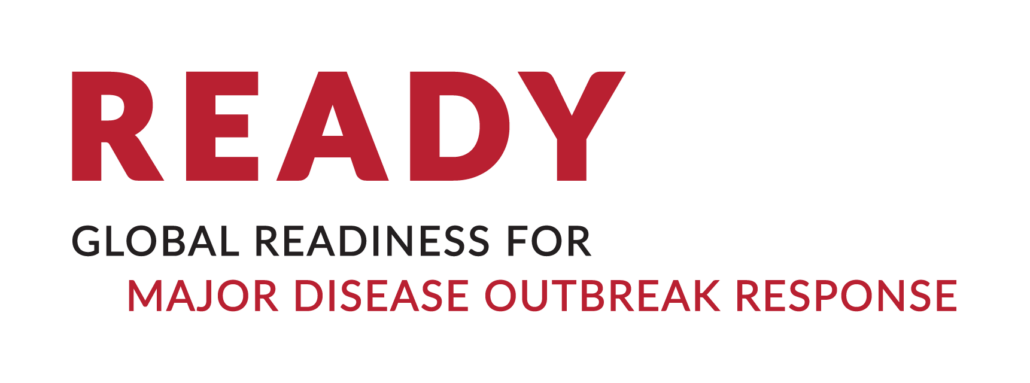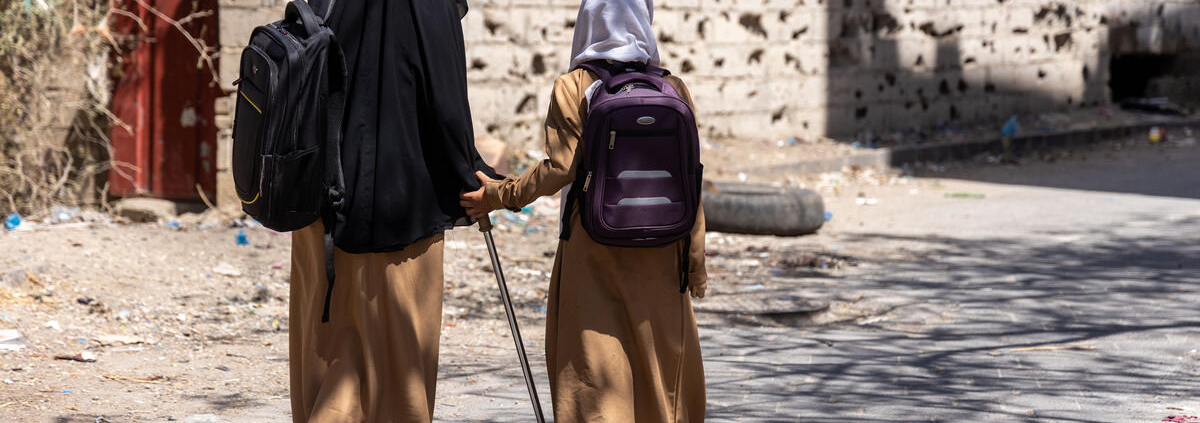COVID-19 in Humanitarian Contexts: no excuses to leave persons with disabilities behind! Evidence from Humanity and Inclusion’s operations in humanitarian settings.
Author: Humanity and Inclusion
This collection and review of evidence aim to illustrate how the COVID-19 crisis triggers disproportionate risks and barriers for men, women, boys and girls with disabilities living in humanitarian settings. It highlights recommendations for humanitarian actors, to enhance inclusive action, aligned with existing guidance and learnings on disability inclusion. It is based on evidence, including testimonies, collected by HI programs in 19 countries of intervention. Special efforts were made to reflect the voices of persons with different types of disabilities, genders and ages, residing in different geographical areas and living circumstances, including refugee and internally displaced persons’ settlements and host-communities.
View the report in अंग्रेज़ी यहाँ।


यह वेबसाइट अमेरिकी लोगों के सहयोग से संभव हुई है यूनाइटेड स्टेट्स एजेंसी फॉर इंटरनेशनल डेवलपमेंट (यूएसएआईडी) रेडी पहल के तहत। रेडी (संक्षिप्त नाम नहीं) यूएसएआईडी द्वारा समर्थित है लोकतंत्र, संघर्ष और मानवीय सहायता ब्यूरो, अमेरिकी विदेशी आपदा सहायता कार्यालय (ओएफडीए) और इसका नेतृत्व किया जाता है बच्चों को बचाएं के साथ साझेदारी में मानवीय स्वास्थ्य के लिए जॉन्स हॉपकिन्स केंद्र, द संचार कार्यक्रमों के लिए जॉन्स हॉपकिन्स केंद्र, यूके-मेड, इकोहेल्थ एलायंस, और दया मलेशिया. इस वेबसाइट की सामग्री सेव द चिल्ड्रेन की एकमात्र जिम्मेदारी है। इस वेबसाइट पर दी गई जानकारी आवश्यक रूप से यूएसएआईडी, किसी या सभी कंसोर्टियम भागीदारों या संयुक्त राज्य सरकार के विचारों को प्रतिबिंबित नहीं करती है, और यह अमेरिकी सरकार की आधिकारिक जानकारी नहीं है।


